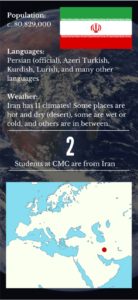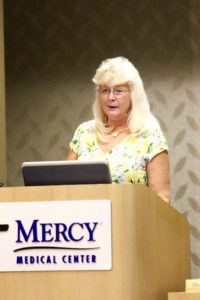Women’s Services at the Catherine McAuley Center (CMC) provide shelter, intensive case management, and skill-building opportunities to help women who have experienced trauma achieve and maintain stable housing, relationships, and finances.
When a woman begins participating in Women’s Services at CMC, she is welcomed into a room of her own. She’ll see her bed made with a handmade quilt handcrafted by a caring volunteer, and a basket of toiletries and food waiting for her. Perhaps most importantly, she’s given a key.
“Having my own space with a locked door makes me feel safe. I came from a shelter where I shared a room with five people and anyone could go through your things,” explained one resident. “On my first day in the program, I remember the smiles from the staff. They showed me my room, the locked windows, locked doors, security cameras, and the phone to get a hold of on-call staff. I feel safe because of the things we can control.”
That sense of security is no small thing to the women who are healing from trauma. However, security alone is not the end goal. Survivors of domestic violence and trauma deserve to thrive, and a sense of safety is just the start.
“Having a safe place to live is a big stress reliever. I don’t have to worry about where I have to lay my head at night, with all the other things going on in my life. If you’re not in a safe place, how will you have a job? Take care of yourself? Your mental health? Relationships? You can’t take care of anything if you don’t have a safe place to live. It’s so much more than a bed.”
The Catherine McAuley Center is much more than just a roof. Freed from concerns about where to stay, their next meal, and other basic needs, residents are able to dive into their next chapter. Each woman meets weekly with a case manager to set and work toward individualized goals. Residents also attend other therapeutic and skill-building group learning opportunities throughout the week like cooking classes, sessions on self-esteem and codependency, and workshops on scheduling positive activities for the weekend.
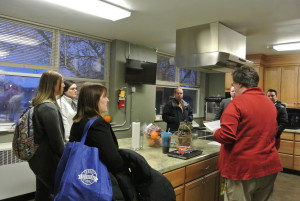
Volunteers gather in the Women’s Services kitchen
As a female-responsive program, the opportunity to build strong relationships with other residents is a key component of life at the Center. Even the facilities have been updated to better promote relationship-building; a community-supported renovation in 2014 expanded the program’s small, enclosed, galley kitchen into an open gathering space where residents cook together and share meals on Friday evenings.
“I feel safer and more at home here than I ever have. We’re like a family. If anything happens, there’s someone right next to you. We’re not alone.”
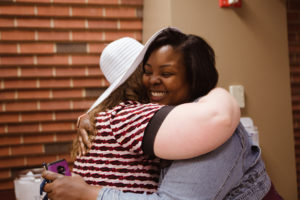
Those relationships with other women only strengthen the sense of safety, helping residents see their own resilience and strengths. The Center also maintains positive relationships between residents and staff by offering trauma-informed care.
These are things that set the Catherine McAuley Center apart – there is structure, but both clients and staff remain cognizant of choice. Beyond regular meetings with case managers and in group learning opportunities, the women here are equipped to make choices about everything in their lives. They are held to their own expectations and goals that they set upon arrival, and given the tools to better understand the challenges they face.
“My understanding of safety has changed. It used to mean not getting beat up. Now it means being able to express my thoughts, feelings, and opinions as a human being, as a woman. To be able to make my own decisions, get input on those decisions, and to have choices. It’s the safest I ever felt in my life.”

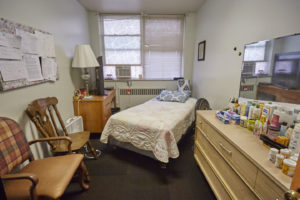
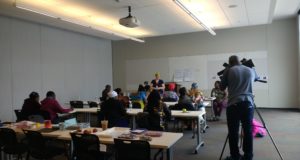
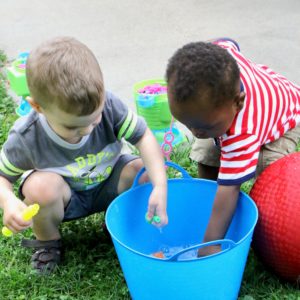
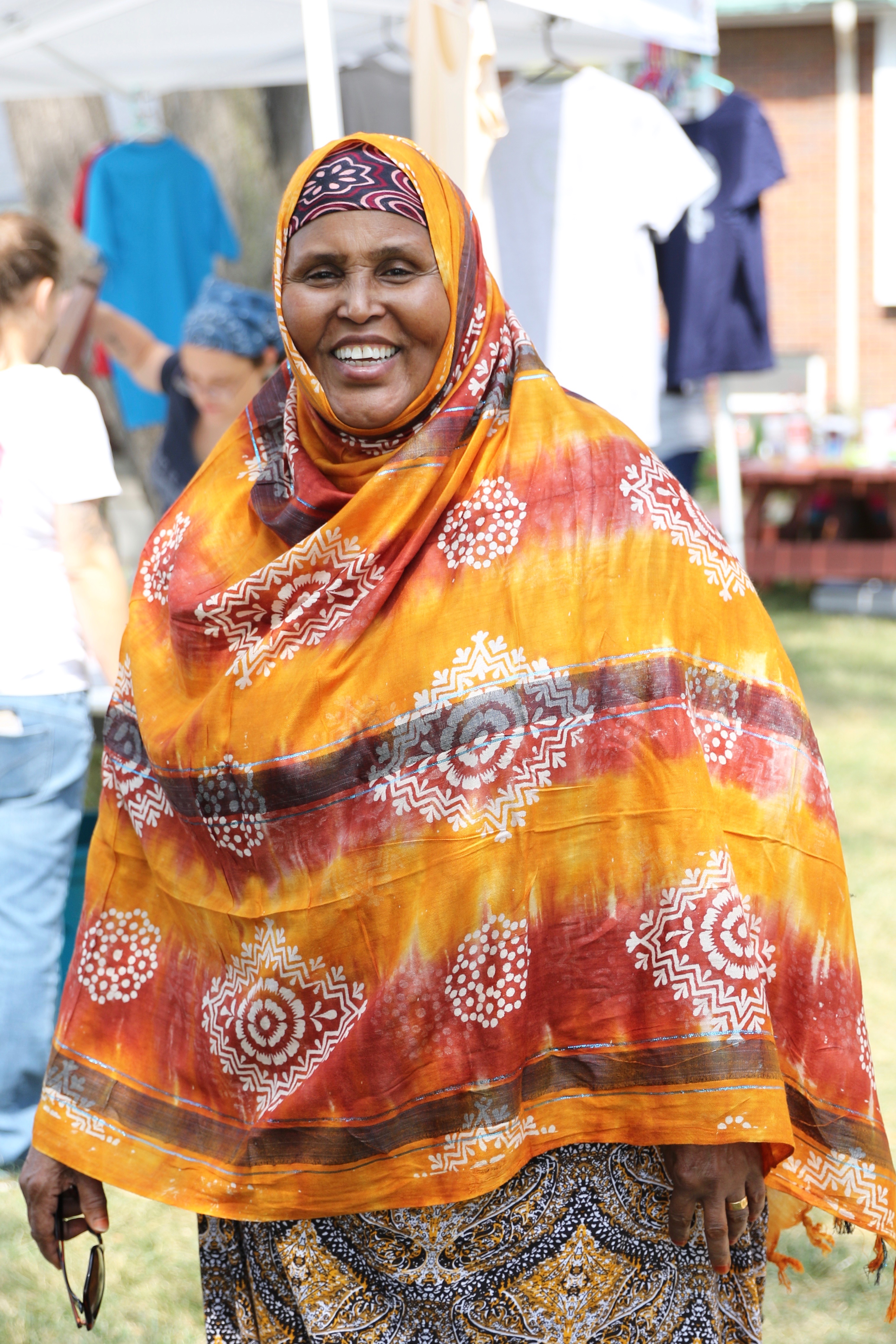

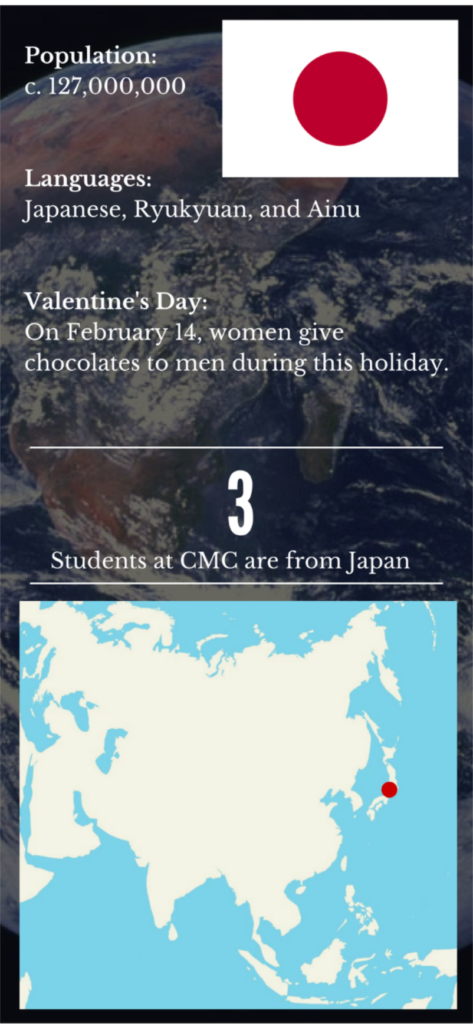 We’re glad you’re a student at CMC, Ai! Thanks for telling us about your native country.
We’re glad you’re a student at CMC, Ai! Thanks for telling us about your native country.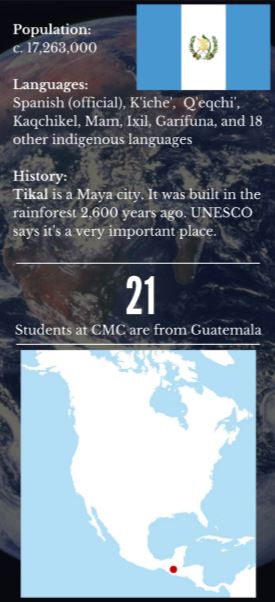 We’re glad you’re a student at CMC, Silvia! Thanks for telling us about your native country.
We’re glad you’re a student at CMC, Silvia! Thanks for telling us about your native country.